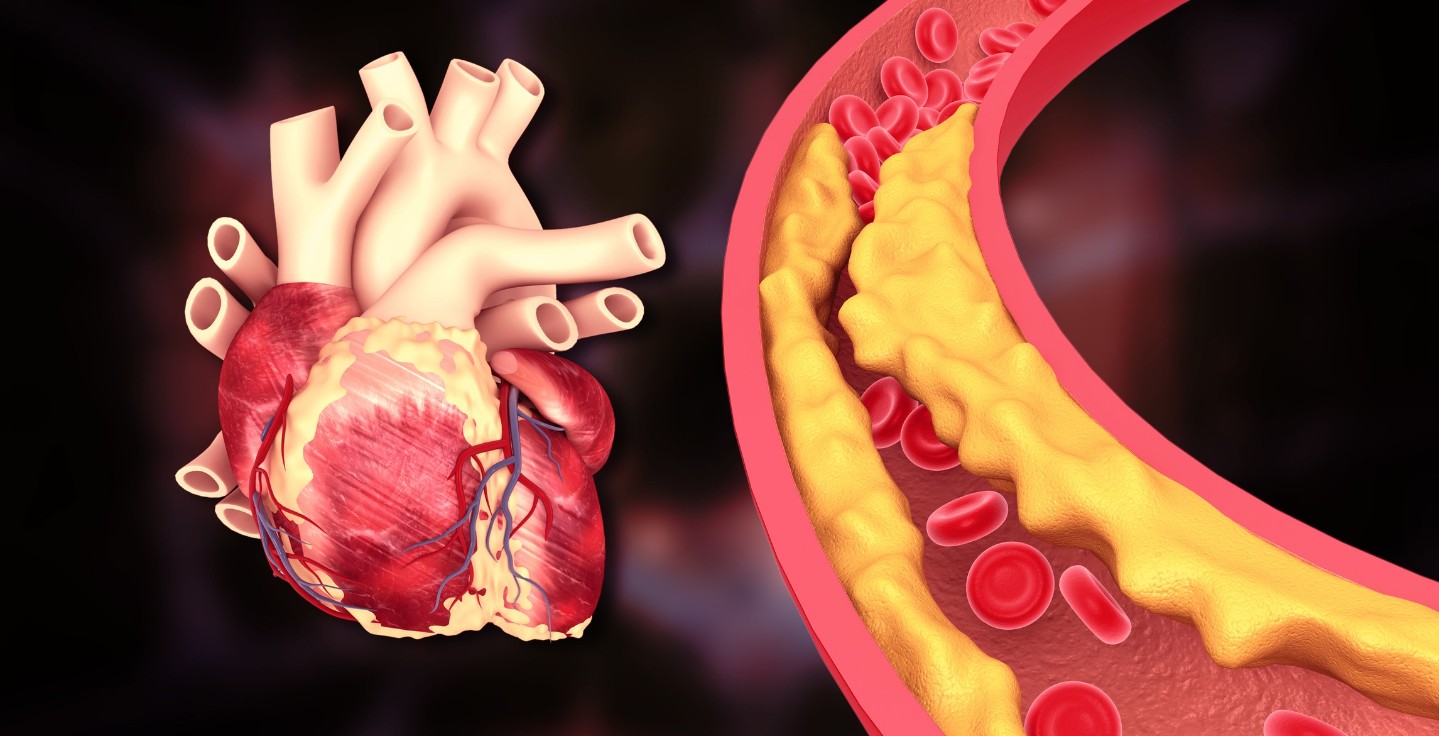Your Heart's Electrical Symphony: Demystifying Arrhythmias
JAN 27, 2026Arrhythmias are broadly categorized by where they originate (atria or ventricles) and how they affect heart rate (too fast, too slow, or irregular).
Read More
Atherosclerosis refers to hardening of arteries (blood vessels) from the buildup of plaque in the vessel wall. Atherosclerotic cardiovascular disease (ASCVD) remains the leading cause of death globally.
Plaque (otherwise known as atheroma) is composed of cholesterol, calcium, and other cellular debris. It sticks to the inner walls of your arteries. Plaque formation begins with certain stimuli activating the inner lining cells and smooth muscle cells in the arterial wall. This happens from sustained exposure to a range of pathogenic factors such as smoking, high blood pressure, diabetes, high cholesterol levels and stress.
This process, if left unchecked, can lead to serious complications like heart attacks, strokes, and peripheral artery disease.
To answer this question, it is necessary to understand the definition of plaque regression. Traditionally, plaque regression has been defined as increases in the diameter of the artery measured by coronary angiography.
In the current era of technological advances in imaging modalities, plaque regression may be best defined as changes in the physical structure and appearance of the plaque that reduce risk of cardiovascular trouble. Plaque buildup can change over time, gaining or losing high risk features.
Good news is that significant improvements through plaque stabilization is possible through lifestyle changes and medical interventions nowadays to prevent further buildup and improve arterial health. Think of it less as "reversing" and more as "stabilizing and reducing" the plaque. The focus shifts from eliminating existing plaque to preventing further buildup and improving arterial function. Therefore, it is important to address changes early in the course of the disease.
Treatment targeting plaque regression can broadly be divided into two main categories: dietary/lifestyle and pharmacological. Pharmacologic treatments have had by far the most success. While diet, exercise and smoking are clearly associated with increased risk, the impact on coronary plaque regression is limited.
Other than medications, you might need additional medical interventions to address severe cases:
Adopting a heart-healthy lifestyle is the most effective way to protect your arteries and reduce your risk of heart disease and stroke.
People who should get screened for atherosclerosis include those with a family history of early cardiovascular disease, high cholesterol levels, hypertension, diabetes, men over 45 years of age and women over 55 years of age, and anyone with other risk factors like metabolic syndrome or a sedentary lifestyle.
Reach out to your CHI Health Cardiologist to discuss your individual risk factors and create a personalized plan to improve your arterial health.
References:

Arrhythmias are broadly categorized by where they originate (atria or ventricles) and how they affect heart rate (too fast, too slow, or irregular).
Read More
CAD occurs when the arteries supplying blood to your heart become hardened and narrowed due to a buildup of plaque (atherosclerosis).
Read More
A sedentary lifestyle isn't just about feeling a bit sluggish; it's a silent, insidious threat to your cardiovascular health.
Read MoreWhen you need local health information from a trusted source, turn to the CHI Health Better You eNewsletter.